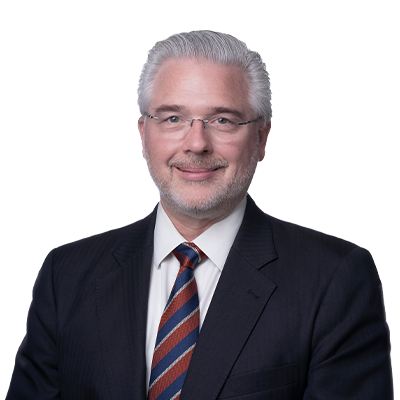On May 3, 2023, the US Securities and Exchange Commission (SEC) officially announced the adoption of new amendments enhancing disclosure requirements for private funds.
The amendments were originally proposed on January 26, 2022, and have been adopted with several modifications in light of the many comments received on the proposal. The amendments are designed to “enhance the ability of the Financial Stability Oversight Council (FSOC) to assess systemic risk and to bolster the Commission’s oversight of private fund advisers and its investor protection efforts.”
As we previously discussed in our legal update, US SEC amendments seek more disclosures from private equity and hedge funds, which regards the proposed amendments and how they would increase disclosure requirements, the proposed amendments—and their subsequent adoption—primarily concern changes to Form PF and follow the SEC announcement that it will more closely scrutinize the transaction costs and fees charged by private equity and hedge funds.
Regarding the adopted amendments, SEC Chair Gary Gensler explained, “Private funds today are ever more interconnected with our broader capital markets. They also nearly have tripled in size in the last decade. This makes visibility into these funds ever more important. Today’s amendments to Form PF will enhance visibility into private funds and help protect investors and promote financial stability.”
Primarily, the amendments will require large hedge fund advisers and all private equity fund advisers to file current reports upon the occurrence of certain reporting events that could indicate significant stress at a fund or investor harm.
More specifically, the reporting requirements for private equity fund advisers are modified by the adopted amendments in the following manner:
- Within 72 hours of occurrence, advisers with at least US$1.5 billion in assets under management (“AUM”) attributable to hedge funds will be required to additionally report certain stress events, including
- extraordinary investment losses,
- significant margin and default events,
- prime broker relationship being terminated or materially restricted,
- operations events, and
- large withdrawal and redemption requests.
- On a quarterly basis, within 60 days after the end of their fiscal quarter, private fund advisers will be required to report adviser-led secondaries transactions, and any investor elections to remove a fund’s general partner or to terminate a fund’s investment period or a fund event.
- Large private equity fund advisers—advisers with at least US$2 billion of private equity fund AUM—will be required under Section 4 to report information on general partner and limited partner clawbacks on an annual basis as well as additional information on their investment strategies and borrowings as a part of their annual filing.
Some major deviations from the proposed amendments are as follows:
- The SEC eliminated the proposed current report for changes in unencumbered cash.
- The SEC proposed but did not adopt lowering the reporting threshold for large private equity fund advisers for purposes of section 4 of Form PF from US$2 billion to US$1.5 billion in private equity fund AUM.
- Section 5 of Form PF concerning the newly adopted reporting requirements for certain stress events requires reporting within 72 hours of occurrence, rather than the proposed 1 business day.
- Section 6 of the proposed Form PF will be filed on a quarterly basis rather than on a current basis.
- The SEC moved one of the proposed private equity event reports—the general partner or limited partner clawbacks event—from Section 6 as proposed to annual section 4.
- The following proposed large private equity fund advisor questions were not adopted:
- restructuring/recapitalization of a portfolio company,
- investments in different levels of a single portfolio company’s capital structure by related funds,
- financing of portfolio companies floating rate borrowings of controlled portfolio companies, and
- controlled portfolio companies owned by private equity funds.
- The SEC proposed but did not adopt a requirement that advisers report a significant decline in holdings of unencumbered cash.
- The SEC proposed but did not adopt a change to the filing threshold for large private equity fund advisers, which has changed the estimated number of large private equity fund adviser filers.
The amendments for current reporting will become effective in November 2023, and the remaining amendments will become effective in May 2024.
This announcement and the adopted amendments should signal to private equity and hedge funds that the SEC remains focused on their conduct; and private funds should start or continue taking proactive measures to ensure compliance with the new requirements stemming from these efforts.









